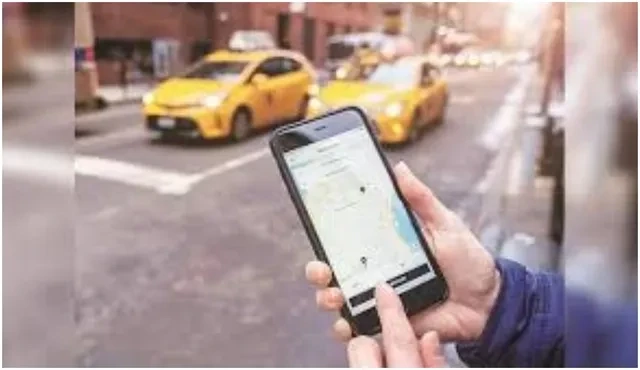In its decision related to the cab fare hike, the central government has permitted aggregators to surge peak hour cab fares, affecting the financial health and lives of common people.
As per the new rules, fares can go as high as 200 per cent in peak hours and as low as 50 per cent in off-peak hours, when the demand is less.
Along with this, the central government has allowed the use of private bikes for passenger rides via cab service platforms like Ola, Uber, and Rapido. The new rules by the government forbid the platforms and drivers from taking any additional charge until the ride distance is less than 3 kilometres.
The news guidelines make it clear that there will not be any hidden or additional charges, and the drivers will strictly have to follow pickup and drop-off locations. If the driver cancels the ride after accepting it, then he will be charged with 10 per cent of the estimated fare, capped at Rs 100. The penalty amount will be shared between the driver and the aggregator company. Customers will also have to pay the fine if they cancel the ride without a valid reason.
The Centre has taken a significant step towards driver welfare by making it compulsory for aggregators to offer health insurance of at least Rs 5 lakh and term insurance of Rs 10 lakh to all drivers on their platforms.
Drivers, Passengers To Pay Penalty On Cancellation
The Centre has asked state governments to set base fares for different categories of vehicles, including auto-rickshaws and bike taxis, which are now officially covered under the aggregator policy. Current base fares in major cities stand at around Rs 20-Rs 21 per kilometre in Delhi and Mumbai, while in Pune, it is Rs 18 per kilometre.
Passengers will benefit from the guidelines, which ensure they’re not charged for dead mileage (the distance drivers travel to reach them) unless the pickup point is less than 3 km away. In all other cases, fares will be calculated based solely on the distance from pickup to drop-off.
